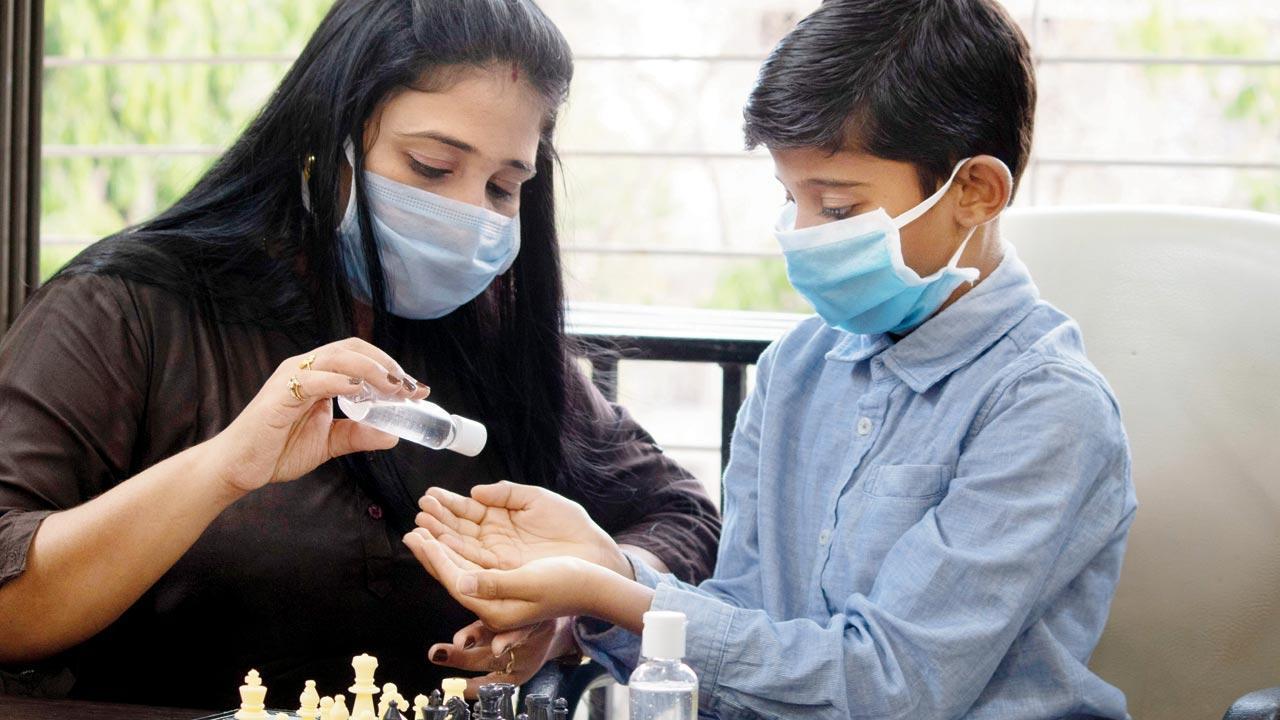We tend to praise ourselves for our ability to find loopholes, even if this inevitably causes us harm

Maybe all we can do, in our small way, is follow the rules and ensure the people who live with us do it too. Representation pic
We take pride in the wrong things. This isn’t a reference to spineless actors or legendary cricketers who let us down by not speaking up when they should, but to our unhealthy obsession with hacks. We call them ‘jugaad’, and every part of India has its own local term for what is essentially a way of beating the system. This can be good in all kinds of ways, when it empowers people to help themselves in the face of an apathy or indifference, but can also lead to serious repercussions for society as a whole when personal profit overrides public well-being.
ADVERTISEMENT
The COVID-19 pandemic has thrown up innumerable instances of jugaad gone wrong, and the results have been fatal. I have heard rumours of travellers picking airports across India to get around quarantine rules, ignoring the fact that spreading a virus can lead to death and devastation in poorly governed localities. India’s rich have always been cruel, so expecting common sense to prevent them from going on holiday is naïve, but even people who would ordinarily hesitate to do something blatantly illegal have begun breaking the law with abandon over the past year.
We applaud the idea of a hack because it makes us feel as if we have accomplished something of significance. We grin wickedly when friends or relatives tell us how they bribed someone, forged a document, or made their way around a regulation by finding a loophole. Those are the people we respect; the ones who find a way around rules, conveniently ignoring that they exist to protect us all.
Take facemasks, for instance, that have now compelled the police to step in. Our friends and neighbours now risk being fined for stepping out without a covering, because millions of us dismissed that accessory when no one was looking. Everyone on Earth warned us about the pandemic and the damage it could wreak on the most vulnerable among us, but we carried on with our lives undeterred. People posted mask-less selfies in acts of defiance as they rode bikes during curfews. They slipped them off when no one was around, in the delusional belief that the virus would look the other way, too. They used their asymptomatic conditions as veils, wilfully refusing to acknowledge that they could infect people who simply didn’t have any kind of immunity.
Parents continue to encourage children across India to break rules. They may not do this explicitly, but it is implicit in the pride with which these exploits are discussed on family WhatsApp chats. Thousands of Indians have travelled to and from our country since the world went into lockdown, and for every person who has followed the rules and done everything possible to minimise the spread of COVID-19, there have been others armed with lies, fake certificates, and the deliberate suppression of facts. We care only about ourselves, and this ugly fact is responsible for the threat of lockdowns that continue to hang over our heads.
There comes a time in every country’s history when its people start to grow up a little. They look at who they were, who they have become, and what their behaviour means for their collective future. We have yet to have that moment of reckoning. We have yet to ask ourselves why we applaud all the wrong things, or why we reserve respect for the least deserving among us.
Scientists believe this virus is going to be a part of our lives for a long time. It will rewrite rules, change how we interact with each other, and cause more harm before we can claim to gain an upper hand. I worry about jugaad, and how the acts of a few will continue to impact the rest of us. Maybe all we can do, in our small way, is follow the rules and ensure the people who live with us do it too. Maybe we can start to behave in accordance with our conscience, thinking about how we affect others instead of focusing solely on our own happiness.
I smile even as I type this because of how utopian it sounds, but there are millions of people around the world who have shown it can be done. Throughout history, human beings have accomplished miracles by working together instead of in silos. I hope this pandemic rubs off on us in a good way and leaves us with lessons on empathy. Maybe then, we can finally find the kind of jugaad that genuinely deserves respect.
When he isn’t ranting about all things Mumbai, Lindsay Pereira can be almost sweet. He tweets @lindsaypereira
Send your feedback to [email protected]
The views expressed in this column are the individual’s and don’t represent those of the paper
 Subscribe today by clicking the link and stay updated with the latest news!" Click here!
Subscribe today by clicking the link and stay updated with the latest news!" Click here!






